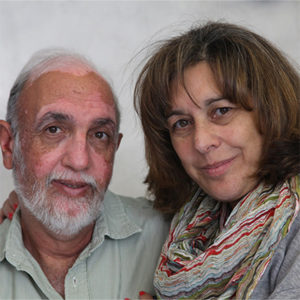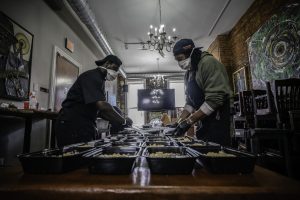State security forces in South Sudan have been responsible for imposing new and potentially arbitrary restrictions against the country’s most prominent civil society leaders, issuing “credible” death threats that have undermined peace efforts, UN-appointed independent rights experts said on Wednesday.
In an alert, the Commission on Human Rights in South Sudan alleged that “overzealous” security forces had prevented dissent so dramatically, that civic space was now eroding “at an accelerating pace”, forcing rights defenders to flee and discouraging others from taking their place.
“The State’s targeting of high-profile human rights defenders will have a chilling effect on civil society and will discourage public participation and corrode confidence in the important processes of transitional justice, constitution making and national elections, which are essential for the success of the transition envisaged by the 2018 Revitalised Peace Agreement,” said Commissioner Andrew Clapham.
Communication breakdown
The actions of the National Security Services (NSS) have included detentions, raids, a likely internet shutdown and an enhanced security presence on the streets of Juba, the panel said in a statement.
Those targeted by threats, harassment and intimidation have included prominent human rights defenders, journalists and civil society actors. Many have played a key role in the country’s peace and justice processes.
“Jame David Kolok and Michael Wani are among those now sheltering outside the country in fear for their lives,” the UN Commission said, in reference to Mr. Kolok’s membership of the Technical Committee to Conduct Consultative Process on Truth, Reconciliation and Healing – a position reaffirmed in May by the Ministry of Justice and Constitutional Affairs.
Frozen out
Mr. Wani had been a youth representative on the National Constitution Amendment Committee, according to the UN panel, which noted that both men’s bank accounts, “and those of the non-government organisations they lead, are among those recently blocked on government orders, with other civil society actors also affected”.
The 2018 Revitalised Agreement for the Resolution of Conflict in South Sudan contains power-sharing arrangements between President Salva Kiir and opposition leader, Riek Machar.
The accord requires the drafting of a permanent Constitution and the establishment of a Commission on Truth, Reconciliation, and Healing.
Although implementation of these and other measures – such as public consultation requirements – have been slow, government leaders have renewed pledges and taken steps toward these in recent months, the UN Commission said.
“These latest restrictions and acts of harassment follow the formation on 30 July of a new civil society coalition whose members planned a public assembly to take place on 30 August,” it explained.
Clampdown in Juba
The UN Commission – which was appointed by the Human Rights Council in March 2016 to investigate crimes linked to civil war that erupted in 2011 – noted that this public assembly could not take place amid “detentions, raiding of premises, an apparent internet shutdown, and an enhanced presence of security forces on the streets of Juba”.
Numerous civil society leaders are still in detention and their wellbeing is unclear, the commissioners said.
“The State’s authorities must respect and protect the rights of human rights defenders; this is an obligation under international law,” said Commissioner Barney Afako. “It would also demonstrate that South Sudan’s commitment to strengthening its systems for the consolidation of human rights is genuine.”




